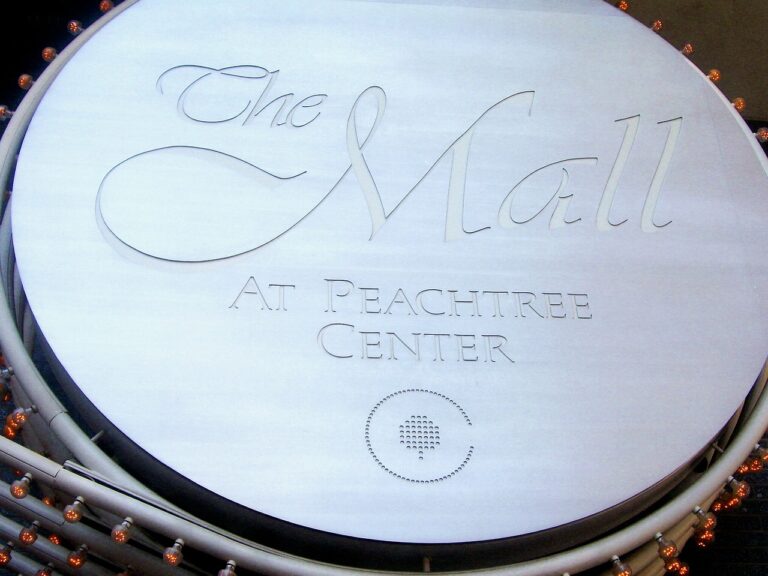The Role of Beneficial Insects in Pest Control: Encouraging Natural Predators: 99exch, Laser247 club, World777 contact number
99exch, laser247 club, world777 contact number: The Role of Beneficial Insects in Pest Control: Encouraging Natural Predators
Are you tired of dealing with pesky pests in your garden or on your crops? Have you tried various chemical pesticides but found that they are not only harmful to the environment but also expensive and less effective in the long run? Well, you’re in luck because there is a natural and sustainable solution to pest control beneficial insects.
Beneficial insects play a crucial role in keeping pest populations in check by preying on them. By encouraging the presence of these natural predators in your garden or farm, you can reduce the need for harmful chemical pesticides and promote a healthy and balanced ecosystem.
Let’s delve deeper into the world of beneficial insects and learn more about how they can help you with pest control.
1. Ladybugs
Ladybugs, also known as ladybirds, are perhaps one of the most well-known beneficial insects. These colorful creatures feed on aphids, mealybugs, and other soft-bodied insects that can decimate your plants. By releasing ladybugs into your garden, you can effectively control pest populations without harming beneficial insects.
2. Praying Mantis
The praying mantis is another formidable predator that feeds on a wide range of insects, including caterpillars, beetles, and even small rodents. These fascinating insects are a valuable asset in pest control and can help keep your plants healthy and thriving.
3. Lacewings
Lacewings are delicate insects with beautiful, lacy wings. These predators feed on aphids, spider mites, and other small insects that can damage your crops. By attracting lacewings to your garden, you can effectively reduce pest populations and promote a natural balance.
4. Parasitic Wasps
Parasitic wasps are perhaps the unsung heroes of pest control. These tiny insects lay their eggs inside pest insects, eventually killing them. By encouraging the presence of parasitic wasps in your garden, you can target specific pests and keep their populations in check.
5. Ground Beetles
Ground beetles are nocturnal predators that feed on a wide range of pests, including slugs, snails, and caterpillars. These insects are particularly beneficial in controlling pests that live in the soil, helping to protect the roots of your plants.
6. Hoverflies
Hoverflies, also known as flower flies, are excellent pollinators as well as predators. The larvae of hoverflies feed on aphids, thrips, and other pests, making them a valuable asset in pest control.
FAQs
1. How can I attract beneficial insects to my garden?
You can attract beneficial insects to your garden by planting a diverse range of native plants, providing shelter such as rock piles or logs, and avoiding the use of chemical pesticides that can harm these valuable predators.
2. Will beneficial insects harm my crops?
Beneficial insects are selective predators that target pest insects. They are unlikely to harm your crops and instead help to keep them healthy and pest-free.
3. How do I know which beneficial insects to attract?
Research the specific pests that plague your garden and choose beneficial insects that prey on those pests. Consulting with a local agricultural extension service can also provide valuable insights into which beneficial insects are most effective in your area.
By encouraging the presence of beneficial insects in your garden or farm, you can effectively control pest populations in a natural and sustainable way. Say goodbye to harmful chemical pesticides and let nature’s predators do the work for you. Embrace the role of beneficial insects in pest control and watch your plants thrive like never before.







